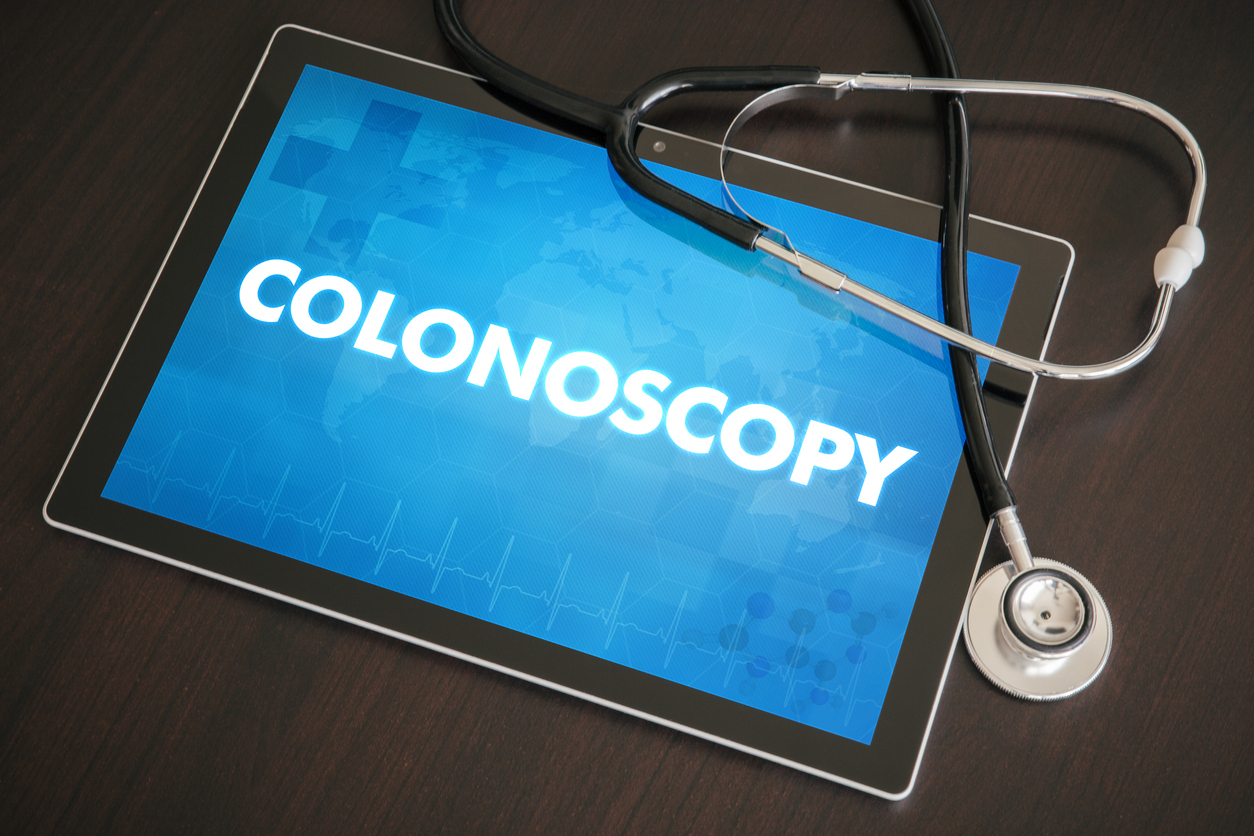As we age, healthcare needs often become more complex, and preventative screenings play an increasingly vital role in maintaining overall health. One such screening is the colonoscopy, a procedure that can be essential for detecting colorectal cancer and other gastrointestinal issues early on. For seniors, understanding the benefits, risks, and recommendations surrounding colonoscopies can help in making informed decisions about their health.
What is a Colonoscopy?
A colonoscopy is a procedure used to examine the large intestine (colon) for abnormalities such as polyps, tumors, inflammation, or bleeding. During the procedure, a long, flexible tube with a camera at the end (called a colonoscope) is inserted into the rectum, allowing a doctor to view the inner lining of the colon. Any polyps or other suspicious tissues found during the exam can be removed for biopsy, enabling early detection of potential issues.
Why Colonoscopies Are Important for Seniors
Colorectal cancer is the third most common cancer among both men and women in the United States. The risk of developing colorectal cancer increases significantly with age, making regular screenings especially important for seniors. Colonoscopies help catch issues early, often before symptoms appear, making treatment more effective and increasing the chance of positive outcomes. Beyond cancer, colonoscopies can also help diagnose and address other gastrointestinal conditions, such as diverticulitis, colitis, and Crohn’s disease, which can impact quality of life.
When Should Seniors Get a Colonoscopy?
For many adults, colonoscopy screenings begin at age 45. However, the recommended frequency and duration of these screenings change as individuals grow older. Generally, if no polyps or other abnormalities are found, a colonoscopy may be repeated every 10 years. But for seniors, other factors come into play:
- Ages 45–75: Most health guidelines suggest regular screenings every 10 years unless risk factors suggest otherwise.
- Ages 76–85: Screenings are often considered on a case-by-case basis, depending on the individual’s overall health, medical history, and ability to undergo the procedure safely.
- Age 85 and older: Colonoscopies are typically no longer recommended, as the potential risks may outweigh the benefits for individuals in this age group.
Understanding the Risks
While colonoscopies are generally safe, the procedure carries a few risks, especially for older adults. Some potential complications include bleeding, bowel perforation, and adverse reactions to anesthesia. Frailty, preexisting conditions, and a history of other surgeries can also impact the risks associated with the procedure for seniors.
Alternative Screening Options for Seniors
For seniors who may be at higher risk for complications, alternative colorectal screenings are available. These include:
- Stool-Based Tests: These non-invasive tests, such as fecal immunochemical testing (FIT) or fecal DNA tests, detect hidden blood or abnormal DNA in the stool. These are often recommended annually or every few years, depending on the test.
- CT Colonography (Virtual Colonoscopy): This test uses a CT scan to create a 3D image of the colon. Though non-invasive, it requires the same bowel preparation as a traditional colonoscopy and still involves radiation exposure.
- Sigmoidoscopy: A flexible sigmoidoscopy examines only the lower part of the colon, making it less invasive than a full colonoscopy. It may be appropriate for those with lower gastrointestinal concerns or for whom a complete colonoscopy may not be ideal.
Tips for Seniors Preparing for a Colonoscopy
Preparation is key to a successful colonoscopy, and for seniors, specific considerations can make the process easier:
- Stay Hydrated: The bowel preparation process can be dehydrating, so staying hydrated is crucial, especially for older adults.
- Discuss Medications: Some medications, including blood thinners and diabetes medications, may need to be adjusted before the procedure. Consulting with a healthcare provider can help prevent potential issues.
- Have a Support System: A friend or family member can help seniors navigate the preparation, procedure, and recovery, providing an extra layer of comfort and safety.
Making the Decision: A Collaborative Process
The decision to undergo a colonoscopy or any alternative screening is one that should involve open dialogue with healthcare providers, family members, and caregivers. Each individual’s health status, personal preferences, and family history of colorectal disease should be considered to create a personalized approach to screening.
Conclusion
Colonoscopies remain a powerful tool for detecting colorectal cancer early, especially for seniors who may be at a heightened risk. While there are some risks associated with the procedure, discussing these risks with healthcare providers and exploring alternatives can help ensure that older adults receive appropriate and effective screenings. For many seniors, regular screenings offer peace of mind and the possibility of catching health issues before they become serious, supporting a longer, healthier life.
If you or someone you know is interested in care management or home healthcare services in South Florida, FirstLantic can help. We are locally owned and operated, providing our patients with the highest quality in-home care services in Fort Lauderdale (Broward County), as well as in-home care services in Delray Beach (Palm Beach County), North Miami (Miami-Dade) and Jupiter (Treasure Coast) since 2000. Click here to contact us.
 AVAILABLE 24 HOURS A DAY/7 DAYS A WEEK
AVAILABLE 24 HOURS A DAY/7 DAYS A WEEK Careers
Careers



